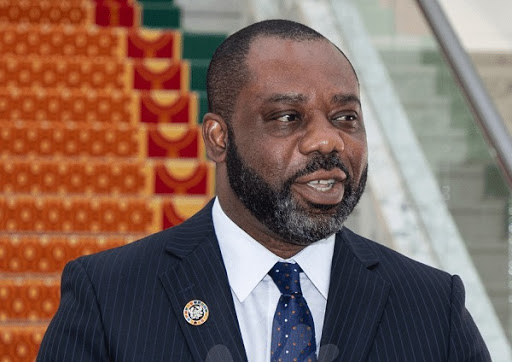The current role that sees the Ghana National Petroleum Corporation (GNPC) acquire gas for the Ghana National Gas Company (GNGC) has piled up debts for the National Oil Company (NOC), and this ongoing trend is only to continue unsustainably in the long-term.
The role of GNPC in connection with gas supply to GNGC involves collecting associated and non-associated gas from Ghana’s producing fields (negotiating the price of gas) and selling it to Ghana Gas.
Accordingly, GNPC has been paying the foreign oil operators for the gas, with the exception of associated gas uptake from the jubilee field but has not received any payment from Ghana Gas Company since September 2014.
However, the NOC has not been paid by Ghana Gas, and not financially compensated by government, which makes this role financially unsustainable in the long run and will eventually require government’s intervention.
That said, the cumulative indebtedness to the Ghana National Gas Company (GNGC) is almost a billion dollars according to the Public Interest and Accountability Committee’s (PIAC) half-year report for 2020.
While PIAC has warned that the debt which has amounted to US$942,260,510 has reached an unsustainable level, this amount is fully owed GNPC.
Challenges facing Ghana Gas
On the other hand, Ghana Gas Company’s mandate is to build, own and operate infrastructure required for the gathering, processing, transporting and marketing of natural gas resources in Ghana. Ghana Gas Company, in turn sells the gas to the Volta River Authority (VRA), which generates electricity.
However, this is also faced with the irregular or partial payments of gas deliveries to the Volta River Authority (VRA). Added to this is the fact that, GNGC for so many years has been faced with a plethora of setbacks chiefly among which are technical and operational challenges, the overlaps between its institutional mandates and those of GNPC.
For instance, despite the large amounts of gas supplied to the Ghana National Gas Company, the PIAC notes that there were no payments from GNPC into the Petroleum Holding Fund in respect of gas revenue during the first half of 2018.
During that period, as an example, GNGC received a total of 14,637.25 MMScf valued at approximately US$45 million. GNGC processed the raw gas and sold it with an invoice value of US$160 million, but only received US$46mn (29 percent).
Minister’s take on GNGC’s challenges
Besides, the Minister of Energy, Matthew Opoku Prempeh acknowledged this escalating debt during the swearing-in of the GNGC Board, commenting that:
“As sector Minister, one of my priorities is to rid the sector of avoidable debts especially, ones I call intra-energy sector debts. This will ensure liquidity of companies in the carrying out of their operations as well as other financial obligations.
“I am aware that in the past one of the major challenges Ghana Gas has faced is VRA’s indebtedness to it; payments for the gas supplied to them in their operations were quite irregular.”
Matthew Opoku Prempeh, Minister of Energy
This notwithstanding, the Gas Master Plan whose implementation was abandoned in 2016, just five months after becoming operational, would have made GNGC a fully owned subsidiary of GNPC.
Although this recommendation is supposed to encourage coordination between GNPC and GNGC, the Minister has hinted a revision of the Gas Master Plan. Albeit, some experts in the field have indicated that the role of the GNPC as a national gas aggregator should be maintained.
READ ALSO: World Beard Day: grooming tips for each face shape




















